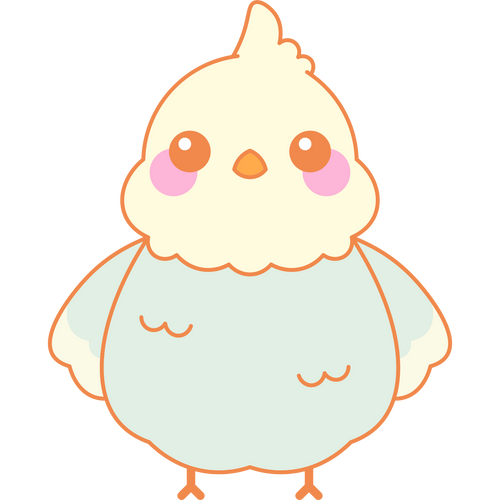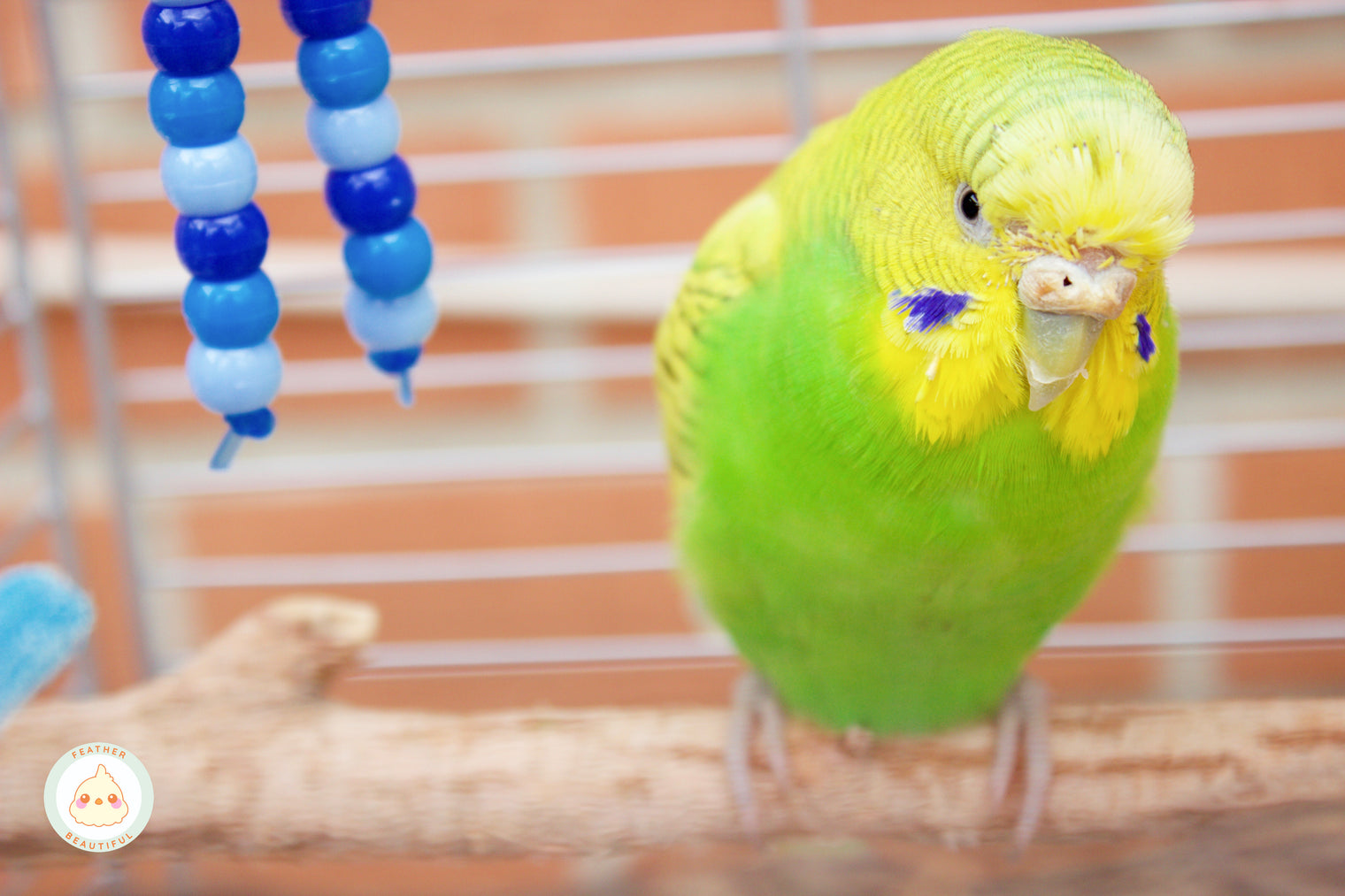Egg binding condition & what to look out for
Go to comments (3)Egg binding condition is in which there is a delayed passing of the egg through the reproductive tract. If not treated correctly, it is a life-threatening condition that can lead to a poor prognosis. Egg binding is frequently reported in smaller birds than bigger birds such as canaries, finches, parakeets, budgies, lovebirds, and cockatiels. Since egg-bound hens must receive prompt medical treatment, owners should know what signs and symptoms to watch for in their pets. If left untreated, death can occur within hours, especially for the smallest birds.
Recorded signs are wagging of the tail, frequent straining, distension of the abdomen, imbalance on perch, lameness, difficulty in the passing of droppings, reduction in the width and consistency of droppings, development of the nesting behaviour, respiratory abnormalities, open mouth breathing and exaggerated movement of the sternum and ribs, reduction in appetite, perch low in their cage, cloacal prolapse, flaccid vent and coelomic distension.
Diagnosis of the egg binding condition is mainly based on the owner's history and clinical signs. A thorough physical examination of the individual birds, including vent, feathers, feet and abdomen, and pain status is examined. A radiographic image of the abdomen can confirm the condition of eggs' presence with shell and ultrasonography examination of the different visceral organs, including the reproductive tract.
The success of the treatment varies with the affected individual bird, and it depends on the duration of illness and time of presentation to the veterinarian. Egg binding conditions can be managed by manually expelling the egg or by surgical removal of the egg by an avian veterinarian. Surgically, it is done by inserting the syringe into the egg present in the abdominal cavity to remove the contents and reduce its size. After reducing the size of the egg by applying lubricants such as oil, it is easy to manage.
Egg binding conditions can be controlled by selecting genetically resistant birds, maintaining proper breeding timings, breeding age, and providing suitable environmental conditions. It is advised to provide adequate time for flying to prevent egg binding. Birds on an inadequate diet, such as seeds, should be switched to a nutritionally adequate pelleted diet. Supplementation with calcium, phosphorus, and vitamins and minerals may be advised. Obese birds should be encouraged to decrease weight (via dietary changes and increased activity). Chronic egg layers are frequently treated with hormonal medication treatment to stop egg laying so that their systems can heal temporarily. When medical and egg extraction through the vent fails, a hysterectomy (removal of the oviduct and uterus) is usually the last resort. The bird's life is in jeopardy as a result of this procedure.
Since egg-binding is a common condition, it is hard to prevent it altogether. It is best to maintain a healthy lifestyle for your hen, with proper nutrition and a life free of environmental stressors. Keeping daily watch on your birds will help you know their habits and better know if they display any egg-binding symptoms.
 This was Kiwi a day before passing away due to egg binding at the emergency vet. She was seven years old and never laid eggs before up until her death. She had zero symptoms, a great pelleted and varied vegetable diet. She was perfectly fine, until she wasn't. She passed away less than 24 hours after this photo. This post was made with Kiwi in mind, and in hopes to educate bird owners of the seriousness egg-bound birds face.
This was Kiwi a day before passing away due to egg binding at the emergency vet. She was seven years old and never laid eggs before up until her death. She had zero symptoms, a great pelleted and varied vegetable diet. She was perfectly fine, until she wasn't. She passed away less than 24 hours after this photo. This post was made with Kiwi in mind, and in hopes to educate bird owners of the seriousness egg-bound birds face.


Egg Binding in Birds - An Emergency Condition
Comments (3)
I just loss my parakeet snuggles too, from egg bound, she was 3 years old! She too was laying eggs like crazy.
I am so sorry to hear Kiwi passed away. I loss my parakeet today the same way your Kiwi died. I was so sad and felt like I could have done more. My blue budgie named Angel would lay eggs all the time. About 2 weeks ago I saw her stomach was swollen. It just got worse as time went on. It didn’t stop her from eating or playing every day. I didn’t know it was a egg that couldn’t be passed. She could not pass it even though it was being treated and trying to extract it. I feel so bad. Her belly was so swollen and she died within hours of trying to extract the egg. I will miss my little Angel and also Kiwi. I loved hearing her talk . Such a smart bird.🥲💟💕
Thank you. It was much informative. I have a budgie recovering from this but still dealing with infections. She is still not back to her usual self after having the egg removed by a vet and is on meds.
Love
Fatima
@look_its_a_bird (instagram)